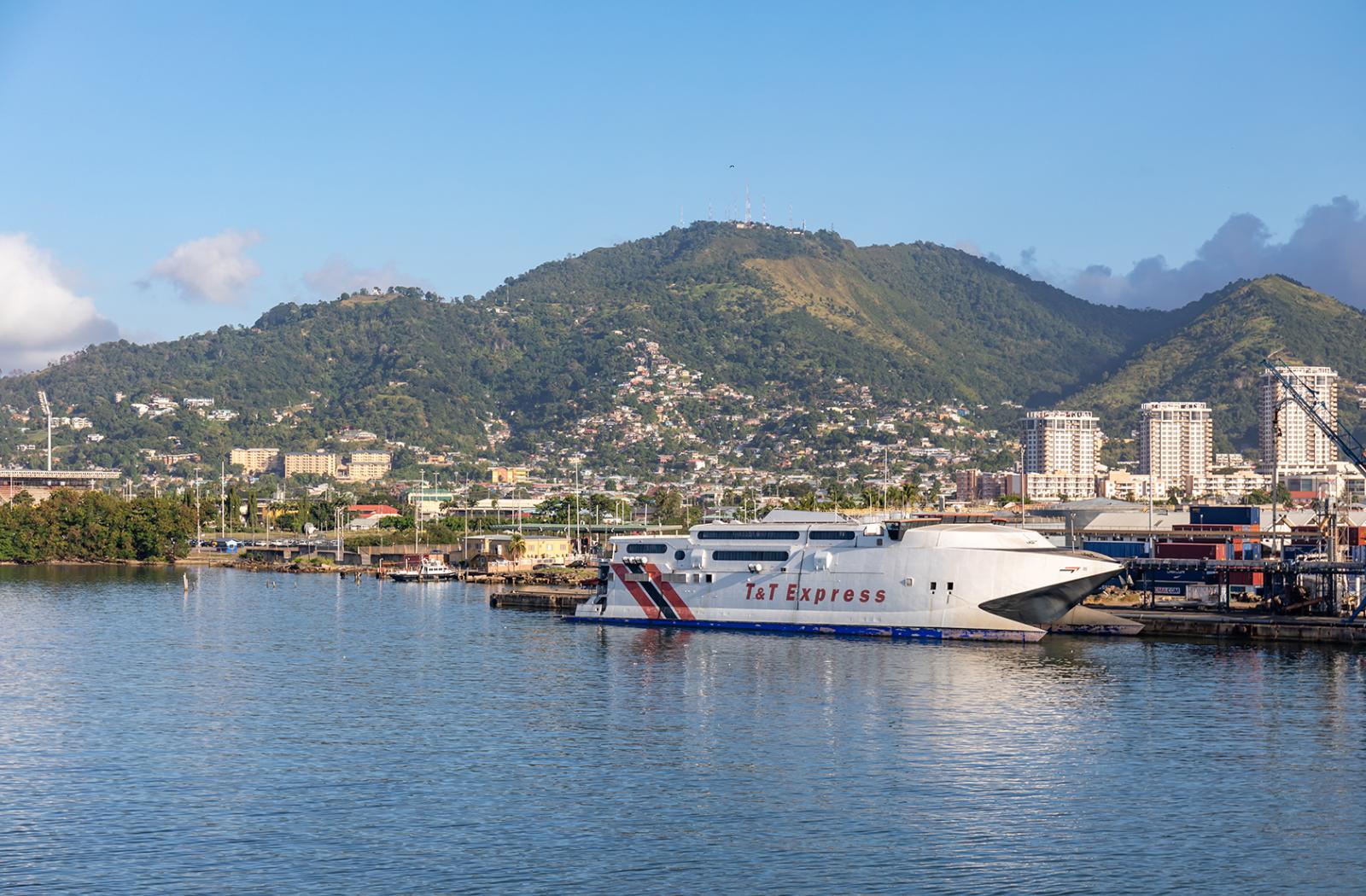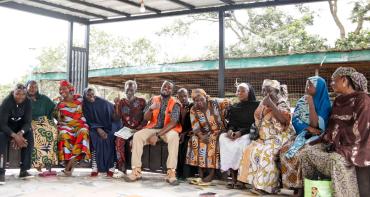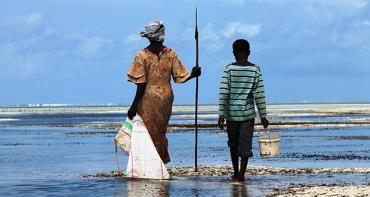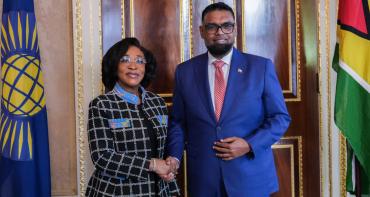
Working with the Government of the Republic of Trinidad and Tobago, and informed by desk-based analysis, in-country stakeholder workshops and interviews, the RRA centred on developing a shared understanding of the current situation regarding the transition to an SBE and the actions needed to further progress.
Trinidad and Tobago is distinctly different to its Caribbean neighbours, with an ocean-based economy that is shaped by the significant economic contribution of the oil and gas sector, and with relatively lower focus on tourism, fisheries or other ocean sectors. The SBE can be a driving force in the Government of Trinidad and Tobago’s COVID-19 recovery plan. However, there has been slow progress in the implementation of ocean policy and legislation, including Integrated Coastal Zone Management (ICZM), fishing legislation and maritime policy. Developing an SBE will require expediting the passage of these relevant bills and policies.
Trinidad and Tobago is not facing a lack of capacity and resources, per se, but rather a fundamental need to secure increased high-level commitment to an SBE to channel the needed resources. Decarbonisation and the incremental phasing out of fossil fuels could be a central component of the SBE, linking the future of the petroleum sector to the SBE, and providing a framework for financing the transition.
Other actions set out in this report relate to developing a shared vision for the SBE, awareness-raising of the benefits of taking such an approach, and improved ministerial co-ordination. An opportunity exists to review and align provisions made in the draft National Maritime Policy and Strategy 2021 (NMPS, awaiting approval), creating a package of legislation which would provide a co-ordinated approach to the SBE and significantly advance the transition.
Although legislative progress has been slow, readiness for the transition is relatively high in Trinidad and Tobago with clear understanding of challenges and opportunities, and strong and capable institutions ready to act. With appropriate attention, co-ordination and resources, addressing the conditions flagged in this RRA is highly feasible, including implementation of marine spatial planning (MSP), centralised data management, and research and innovation in key sectors. However, attention is needed to ensure a co-ordinated and integrated approach which considers the specific context for each island, as captured in the Draft ICZM Policy Framework 2020 objectives, pending cabinet approval.
Transitioning towards an SBE is at times complex, and is challenging maritime institutions globally. The findings of this RRA, however, suggest that Trinidad and Tobago is well placed to advance its own transition.




